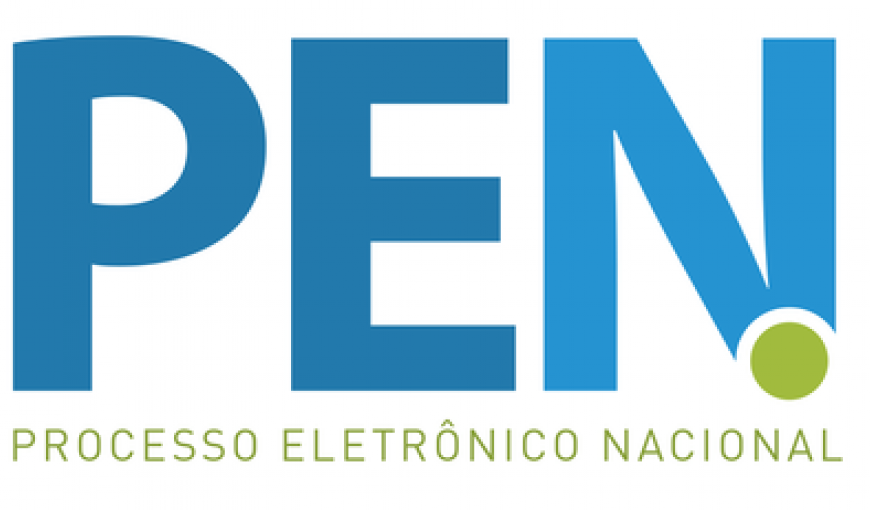Understand the benefits and challenges of Information Electronic System
Bodies and entities of Federal Public Administration must, pursuant to law, use digital platforms in administrative processes, for the interconnection and electronic processing of documents. The standard software of the National Electronic Process adopted by the Ministry of Planning, Development and Management (MP) is the Electronic Information System (SEI). The economy of resources, preservation of the environment, more agility in the analysis and efficiency in complying with the Law on Access to Information are among the advantages of modernization, allowing public consultation by the digital mean.
The Ministry of Science, Technology, Innovation and Communication (MCTIC), for instance, chose for the electronic process after a study of better practices existent in the market. SEI was already used since April, 2014 by the Ministry of Communication and, with the merge of these two ministries in 2016, it started operating in the entire body.
Since the migration, there have been more than 200 thousand cases for electronic processing and a significant reduction of public resources applied. Only with the acquisition of office supplies, MCTIC estimates that the reduction was approximately 90%. “There was also savings in buying paper, printing and posting, for example. Another major development is organizational culture. Since there is no need to use paper for everything, the process is safer, it requires less space and even the employees' desks are more organized”, says the coordinator of Institutional Organization of MCTIC, Bianca Botelho.
According to the SEI/MCTIC manager, Pedro Moreira, now the great challenge is the universalization of the electronic process, starting by the use in all the institutes connected to the Ministry. According to him, this would promote an access democratization, which would also benefit the population in the relation with public authority. “In this regard, the partnership with RNP is essential to connect all these institutions and to have the necessary infrastructure for the implementation of the SEI”, he emphasizes.
Moreira states that another challenge is to use digital certificates. The Decree 8.539 of October 2015, which provides for the use of the electronic mean, has used the Brazilian Public Key Infrastructure (ICP-Brazil) as base, due to its security and recognition, including in legal proceedings. The cost of this mechanism, however, is high and does not necessarily need to be used in all documents. The law provides it only in case of need of proof of authorship and integrity of scanned documents, for example.
In all other cases, it is adopted the signature by user identification and password. An example of a low-cost digital certification service is the Public Key Infrastructure for Teaching and Research (ICPEdu), developed by RNP for use by Brazilian teaching and research institutions. Because it is safe and scalable, at a low cost, the MP is studying the possibility of integrating ICPEdu certificates into the SEI and its subsequent use in the internal processes of teaching and research institutions or in the communication between these institutions.
According to Luiz Coelho, the managing director of Service Management of RNP, the approach to Planning began during the RNP Forum 2016, held in November in Brasilia. “This was one of the achievements of the Forum and should be implemented by the end of the year in a cooperation with the public authority for the use of an advanced RNP service, which will result in resource savings and the universalization of the electronic process”, he concludes.
